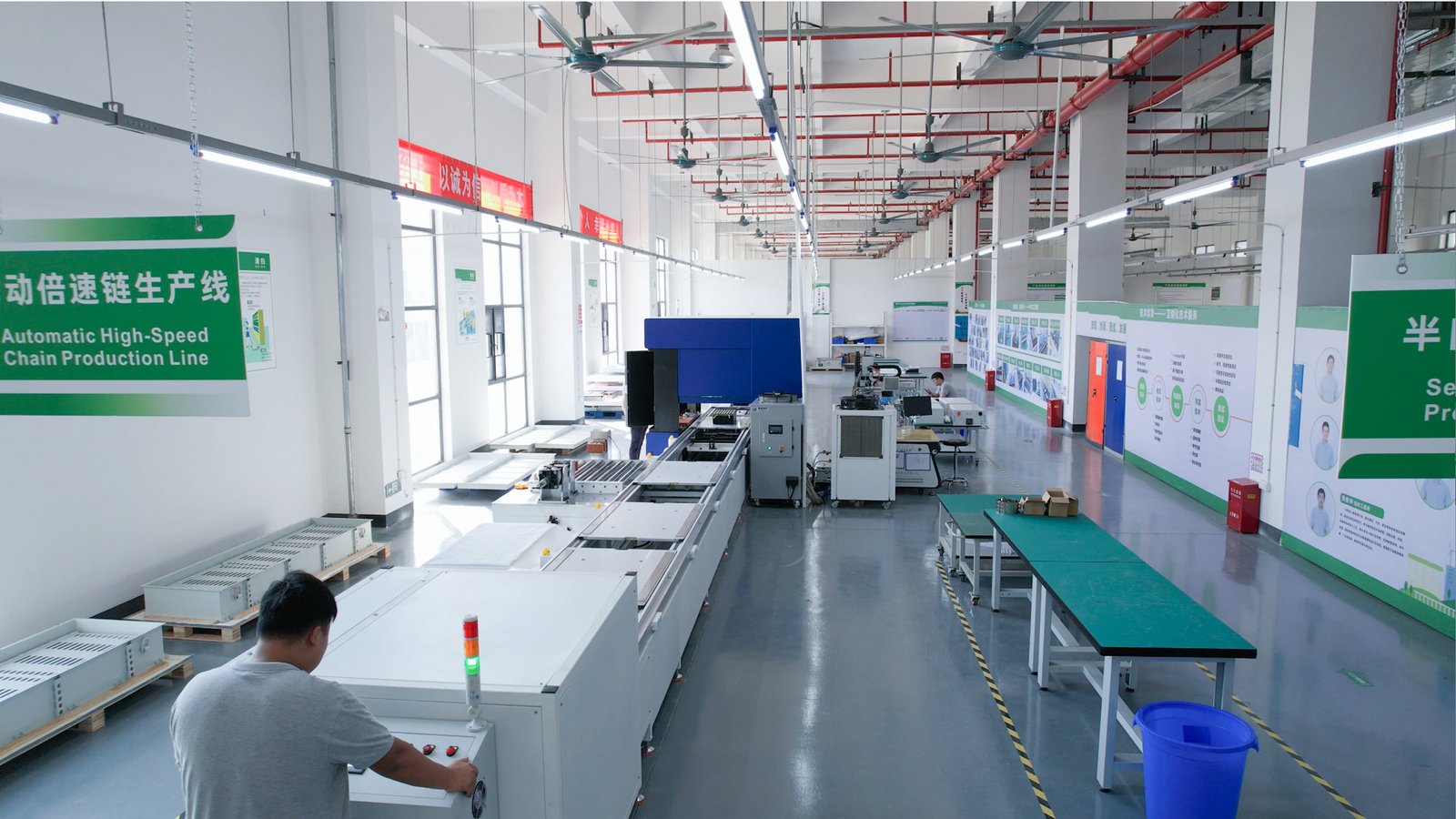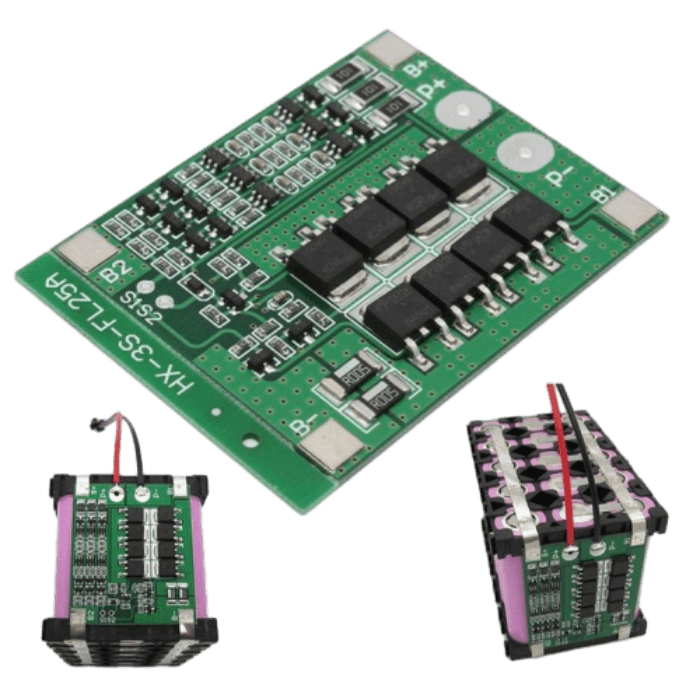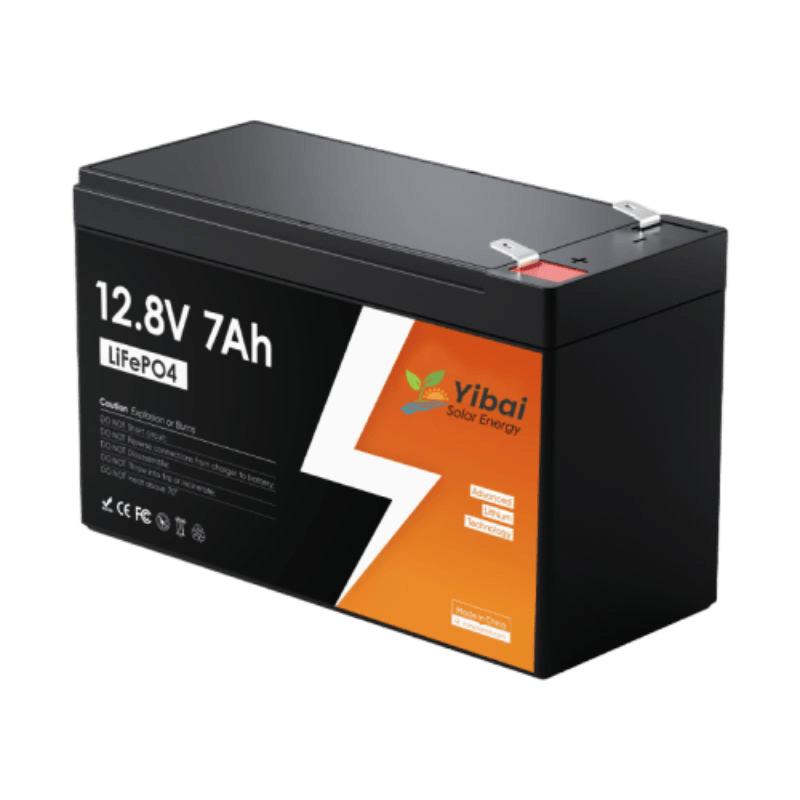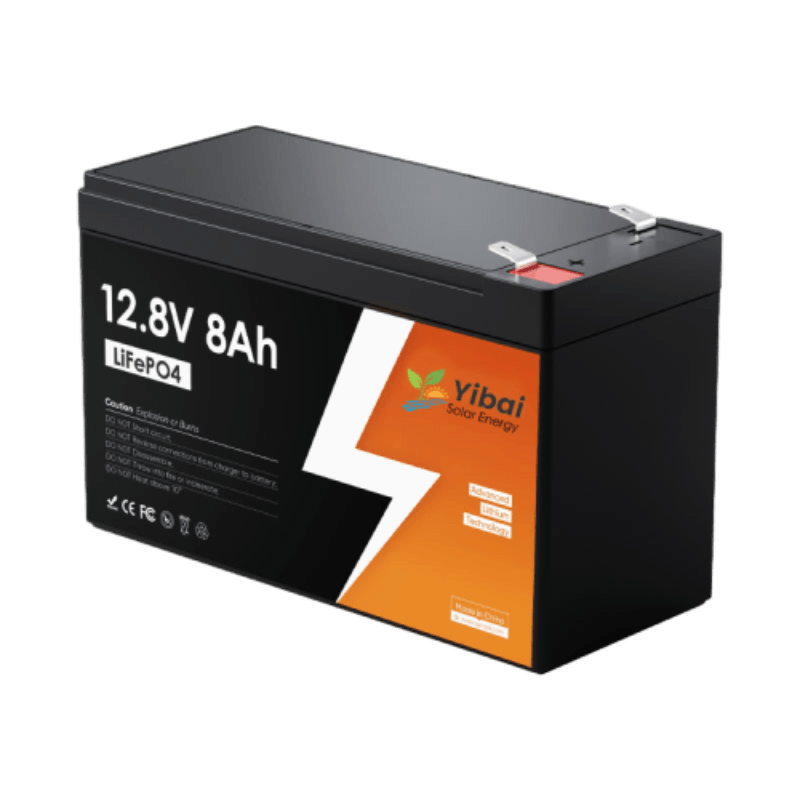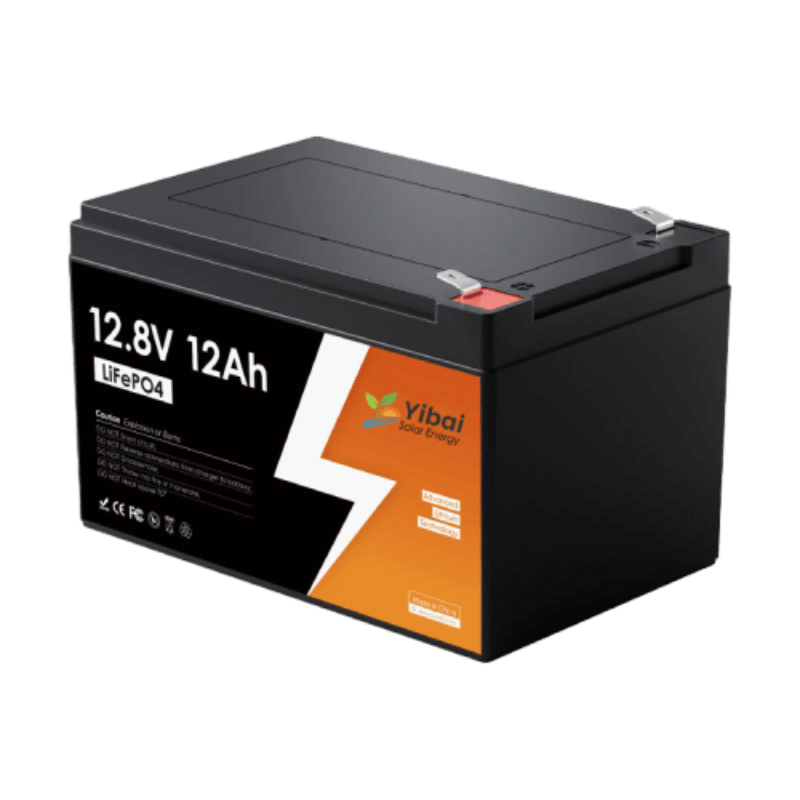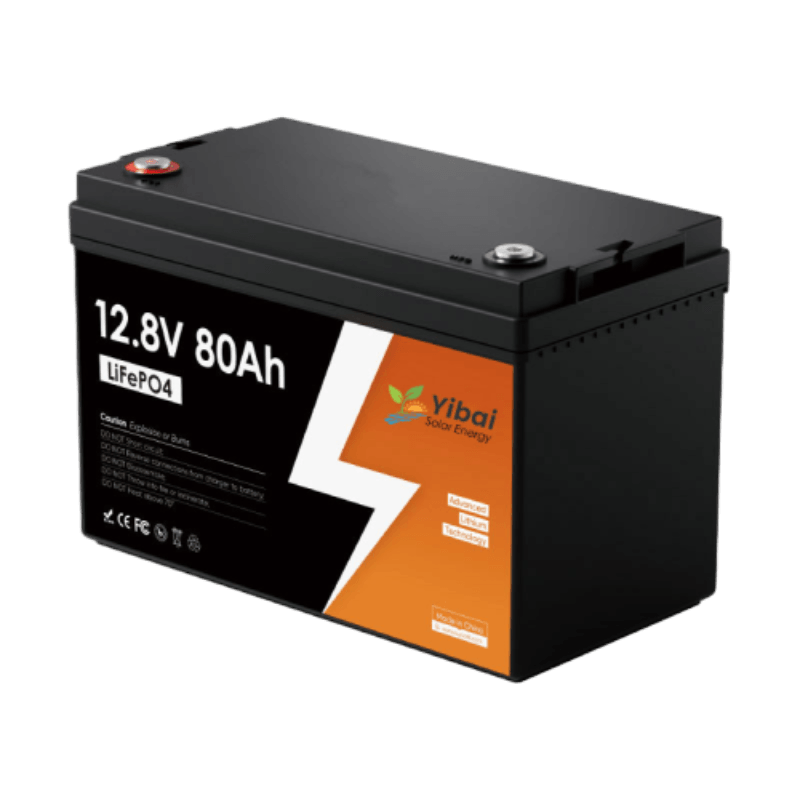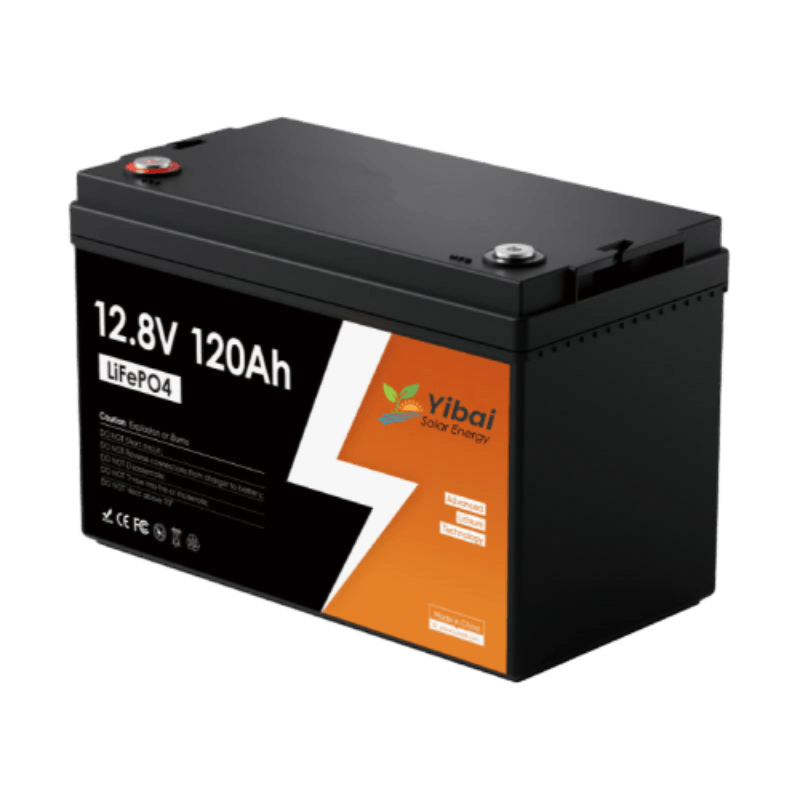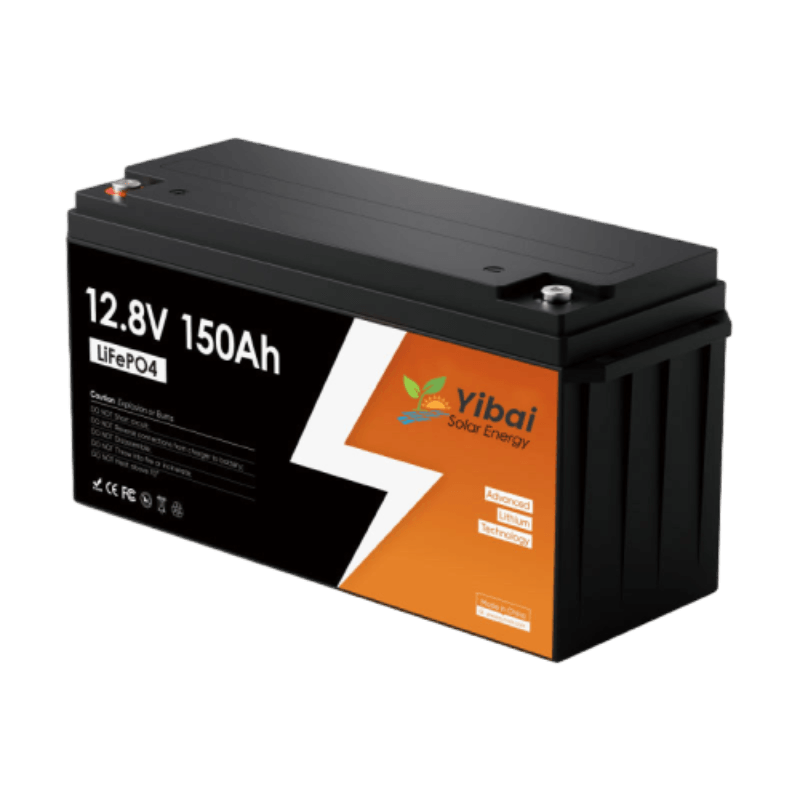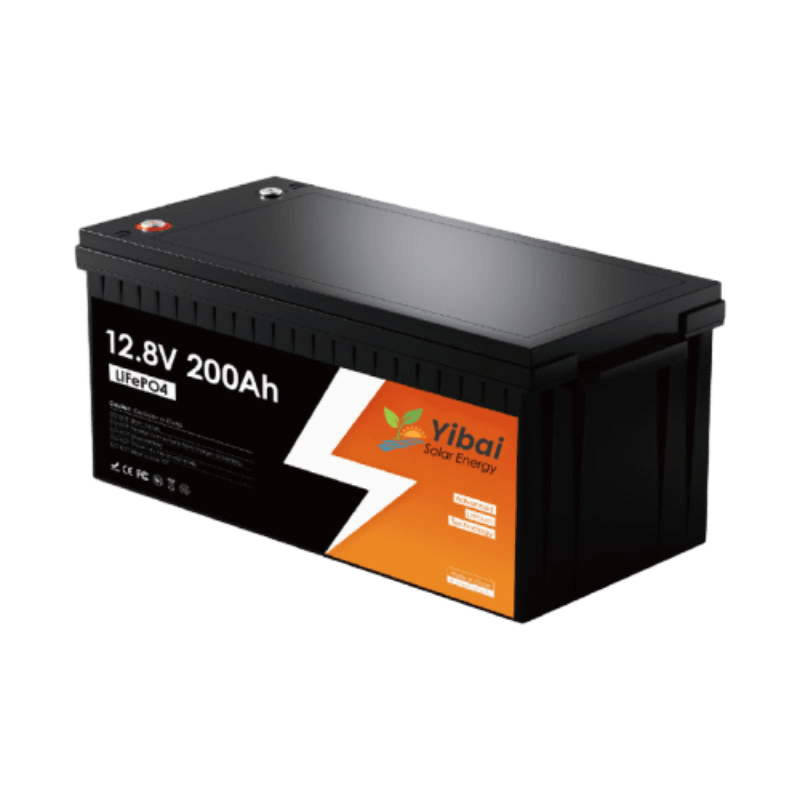Why is Lithium-iron-phosphate battery the best choice?
As global demand for efficient and reliable energy storage continues to surge, Lithium-Iron-Phosphate (LiFePO4) batteries have emerged as the undisputed leader across industries. From residential solar systems to electric vehicles (EVs) and grid-scale storage, LiFePO4 chemistry outperforms traditional lead-acid and other lithium-ion variants in safety, longevity, efficiency, and sustainability. This article explores the scientific and practical reasons why LiFePO4 batteries are revolutionizing energy storage—and why they should be your top choice. Unmatched Safety: The Non-Negotiable Priority Safety is paramount in battery technology, and LiFePO4 sets the gold standard. Unlike conventional lithium-ion batteries (e.g., NMC or LCO), which use volatile cobalt-based cathodes, LiFePO4’s stable olivine crystal structure inherently resists thermal runaway. […]
Why is Lithium-iron-phosphate battery the best choice? 続きを読む »

